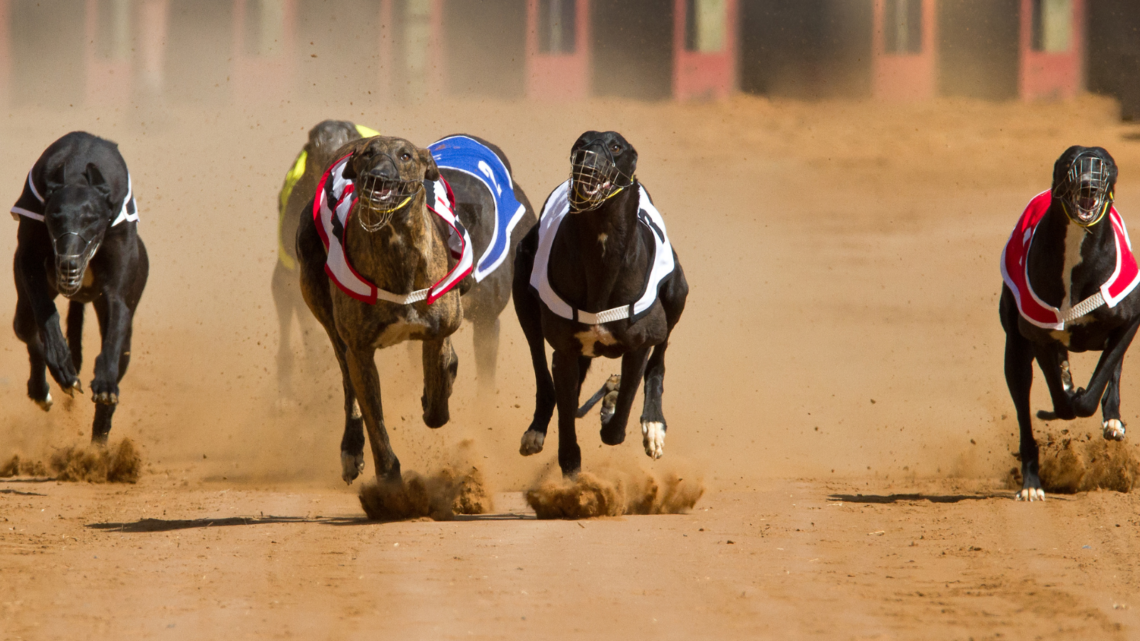Greyhound racing will be banned “as soon as practically possible”, the Labour-led Welsh government has said. Senior Labour figures announced the ban “as soon as practically possible”, adding it was not “impossible” before the next Senedd election in 2026.
Greyhound racing has been sharply criticised for harming dogs. The BBC reported that ministers had been under pressure to ban the greyhound racing, ‘including from their own Labour members’.
It follows cross-party calls for a ban, a government consultation and a petition that attracted 35,000 signatures. Wales only has one dog-racing track. A range of animal protection groups welcomed the move.
During a statement which was made in the Senedd, the Deputy First Minister, Labour’s Huw Irranca-Davies, said:
I’m pleased to share with the Senedd today that I have seen the strength of feeling on this, and I have listened.
The matter has been discussed and debated in the Senedd and, as demonstrated last week, has clear cross-party support.
Our consultation on a national model for animal welfare, which included questions relating to greyhounds, received over 1100 responses. In that consultation, the question asking for evidence and views on a phased ban found almost two thirds of respondents were in favour of such a ban.
A petition to ban greyhound racing in Wales received over 35,000 signatures.
This sits alongside campaign work by the Cut the Chase coalition, which includes Blue Cross, Dogs Trust, Greyhound Rescue Wales, Hope Rescue, and the RSPCA.
We also note what is happening in other countries across the world who are taking steps to ban this activity.
As a result, I believe that now is the right time to move to ban greyhound racing in Wales.
We are proud to be the first nation in the UK to do this.
I want a ban to come into force as soon as practicably possible. There will be work to do in ensuring the dogs, their owners, and those involved in the industry around the racetrack, can wind down from this activity while still protecting the welfare of dogs currently within the industry, the local community and the local economy.
The next step will be setting up an Implementation Group. The Group will engage with stakeholders, learn from other countries approaches, such as New Zealand where government are bringing forward a Bill to end greyhound racing, and advise the Government on how a ban will come into force, the legislative approach, and when it will be delivered.


